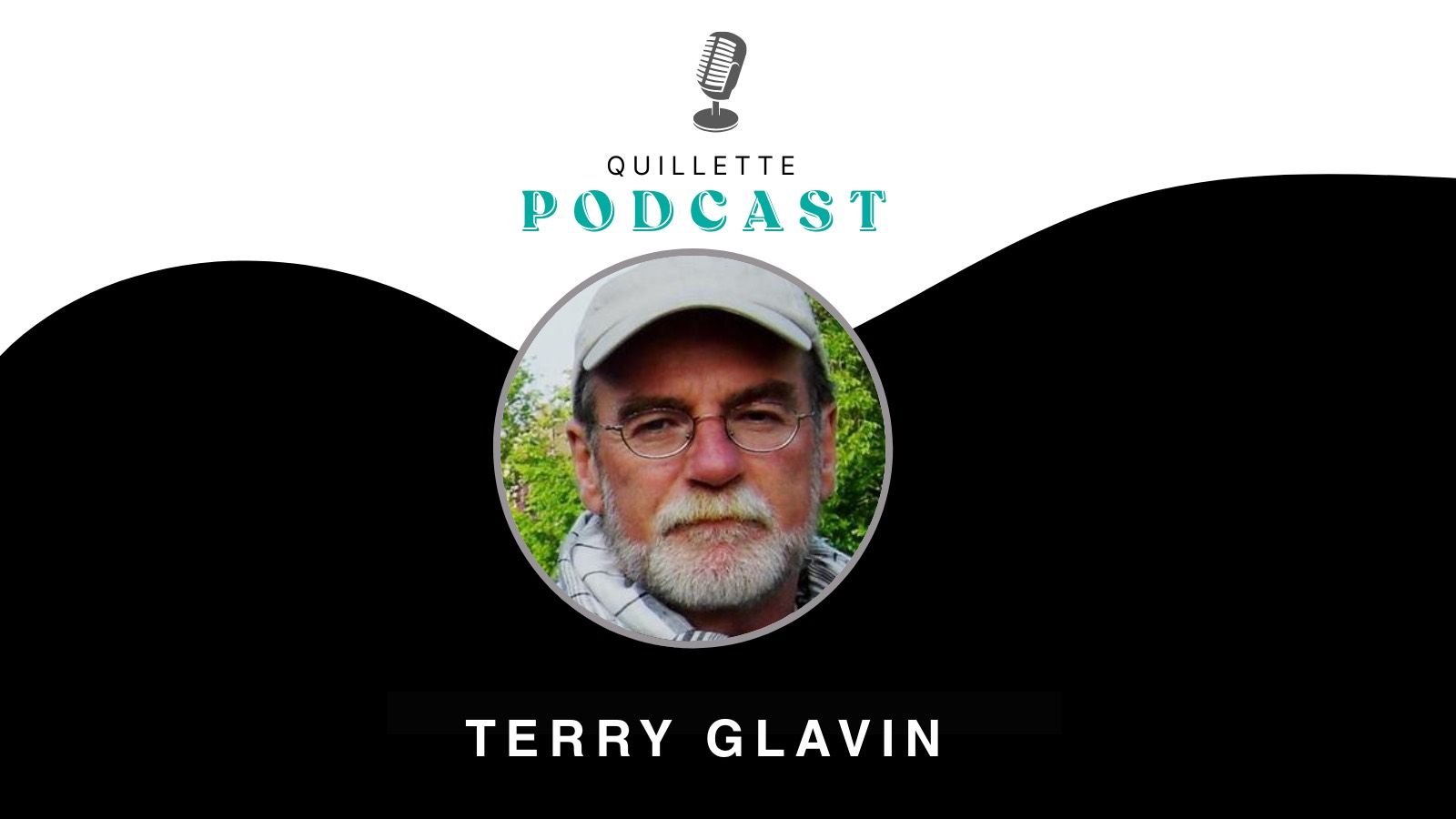Free Speech
Censorship-Free Social Media: the Next Big Thing, or Just Another Echo Chamber?
One of the forefathers of the modern internet, John Gilmore, famously remarked that the net interprets censorship as damage and routes around it.

In July 2016, Breitbart Tech journalist and notorious right-wing provocateur Milo Yiannopoulos was permanently banned from Twitter. It wasn’t his first run-in with the Twitter authorities, but this time the ban was permanent. The justification was that he had allegedly encouraged his 300,000-odd followers to harass Ghostbusters actress Leslie Jones. But his fans took the view that Yiannopoulos, like others before and since, had been kicked off Twitter because his conservative politics offended the sensibilities of its left-wing CEO, Jack Dorsey.
Four months later, Donald Trump — candidate of choice for Yiannopoulos and his alt-right fellow travellers — achieved a surprise victory in the US presidential election; a seismic political upheaval that, like the similarly unexpected Brexit vote, seemed to put the impotence of the establishment media beyond any doubt. If Twitter and other Democrat-supporting behemoths thought that policing online speech was going to carry Hillary Clinton to victory, they were mistaken. Censorship, however, is like alternative medicine: if it doesn’t work, you just need to do more of it. Social media purges have only intensified since the election, with many other individuals with controversial views being suspended or banned under vague pretexts of “harassment” or “hate speech.”
Twitter, like all other social media services, is a private company, and it is therefore entirely free to ban or censor whoever they like — for any reason, or no reason at all. Perhaps if you scour the timelines of outspoken characters like Yiannopoulos with sufficient zeal, you can eventually find enough rope to hang them with. But it is clear that Twitter’s zeal is directed at only one side of the political spectrum. Numerous calls to assault or even assassinate Donald Trump have gone unpunished, as have threats of violence against police and white people in the wake of Black Lives Matter protests. No doubt the right-on progressives who comprise Twitter’s “Trust and Safety Council” have their own twisted logic to justify such double standards, probably involving lots of fashionable buzzwords like ‘intersectionality’ and ‘power structures’. But just because you live in an echo chamber, it doesn’t mean that the rest of the world agrees with you.
One of the forefathers of the modern internet, John Gilmore, famously remarked that the net interprets censorship as damage and routes around it. While this explains the ineffectiveness of web blocking by the state, it is even more applicable to censorship by private corporations. People don’t use Twitter out of loyalty to Jack Dorsey, they use it — sometimes reluctantly — because Twitter is where their friends are. Nothing stops them from jumping ship to a competitor any time they like, and if they are sufficiently influential a lot of fans will jump with them. Facebook and Twitter may seem invincible with their billions of users, but people probably thought the same about MySpace. The problem with being at the top is that there is nowhere to go but down.
Creating a Twitter replacement is actually fairly easy — with products such as GNU Social you don’t even need to write any code. The hard part is getting anybody else to notice. Plenty of attempts to challenge Big Social have fallen by the wayside, or resulted in tiny, fragmented communities that have never entered mainstream consciousness. But things might have changed with the launch of Gab.ai. Started in August 2016 by Andrew Torba, a young entrepreneur upset with social media’s alleged suppression of conservative content, Gab already claims to have over 100,000 users with another 200,000 on the waiting list. Essentially a Twitter on steroids, the site allows users to share posts of up to 300 characters with their followers, while introducing new features such as Reddit-style voting, post editing, and topic-based categories. Most importantly, Gab makes freedom of speech a central principle, only prohibiting spam, doxxing, or content that is outright illegal such as child porn or terrorist threats.

The reaction to Gab from the mainstream media has been entirely predictable. Hit-pieces appeared labelling Gab an “alt-right safe space,” an “ultimate filter bubble,” and “Twitter for racists,” although even a Salon writer admitted that most of his interactions on Gab were civil, and racism didn’t appear until he went looking for it. Media articles focus obsessively on the white American Andrew Torba while neglecting to mention that Gab’s main web developer is a Turkish Muslim with no interest in the alt-right. More insidious attempts to stigmatise Gab have occurred as well, with Apple repeatedly rejecting the Gab iOS app with demands that developers purge the site of “objectionable content” — a requirement that apparently doesn’t apply to Reddit or Twitter, which are both allowed on the App Store despite being riddled with pornography and racial abuse.
Torba has responded by insisting that Gab is not a conservative site and that all political views are welcome, but as far as the Salons and VICEs of the world are concerned he might as well be speaking Klingon. With modern politics reduced to petty identity-based tribalism, the value of freedom of speech as an indivisible liberty has largely been forgotten — if you’re not in favour of silencing the enemy, you must be working for them. There’s nothing particularly right-wing about wanting to speak freely; indeed, plenty of conservatives are happy to call for censorship based on their own particular hang-ups, such as blasphemy or flag burning. But when the far-Left are the ones doing most of the censoring, a platform that promises freedom for everyone is going to end up with a lot of conservatives simply as a result of not actually banning them.
It would be rare hit-piece indeed that didn’t include at least a kernel of truth, though. Gab is not the wretched hive of white supremacy that its detractors would like to believe, but it definitely feels partisan, with comments that are even mildly critical of Trump likely to attract down-votes. Paranoid conspiracy theories are also popular, with posts about chemtrails, Satanic child murder, and the Flat Earth all receiving plenty of exposure, along with grumblings about Zionist cabals which can occasionally develop into full-fledged antisemitism. Even conspiracy nuts and antisemites should have the right to express their views, but the problem with echo chambers is that they tend to become self-perpetuating. Once a platform is perceived as having a strong ideological bias, it will inevitably struggle to recruit and retain enough people with contrary views to restore the balance.
What the rise of services like Gab and Voat does show is that there is still a strong appetite for online freedom, and that mainstream social media is failing to satisfy it. The fact that independent start-ups or volunteers are able to offer alternatives to the increasingly authoritarian mega-corporations is undeniably a good thing, but it remains to be seen what sort of communities these alternatives will attract. Without a more widespread return to the Enlightenment ideal of vigorous, unrestricted public debate, there is a risk that these new sites will become little more than mirror images of what they seek to replace: ideological ghettos full of groupthink and identity politics. Developers may genuinely wish to build welcoming spaces for high-quality discussion, but while they can provide the tools, they do not have the power to usher in a free speech revolution all by themselves. That part is up to us.






